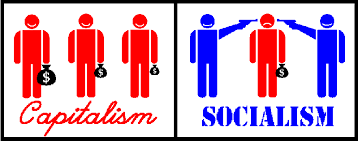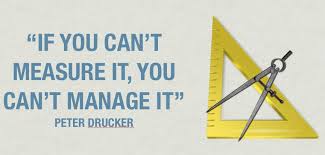4, May, 2017
Too much regulation is the call from business. Without that regulation, would we live in a better world? Perhaps it would a place where a business that was not prepared to bend the rules would fail.
12, March, 2017
How should we structure the power balance between the Public Service and Politicians?
26, February, 2017
If you can't measure it, you can't manage it. Should we apply this to government regulation?
30, June, 2016
Most civilisations implode when the upper and lower classes get too far apart. A shrinking middle class is a sign of a civilisation in decline.
17, June, 2016
Unions may be in decline but they do have a purpose beyond their members. In Australia, they play a role in keeping a Labor party hones.
14, June, 2016
Do minor parties have a role in a two-party state? They can promise whatever they want with no chance of being accountable. Why have them?
14, May, 2016
A satirical look at what a building royal commission in 2046 might discover.
4, April, 2016
Should 'terrorists' be re-classified as 'intolerants'? Many are so focused on their own ideology that they cannot tolerate any other.
10, March, 2016
A humorous look at the NRA. Not the National Rifle Association but Nother Reality Association. Making fake news real.











